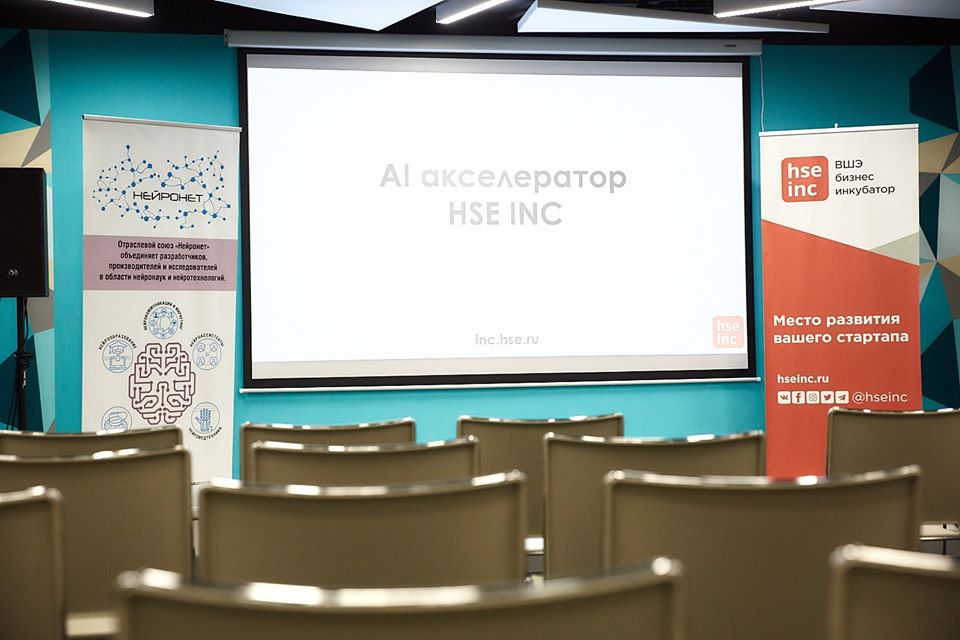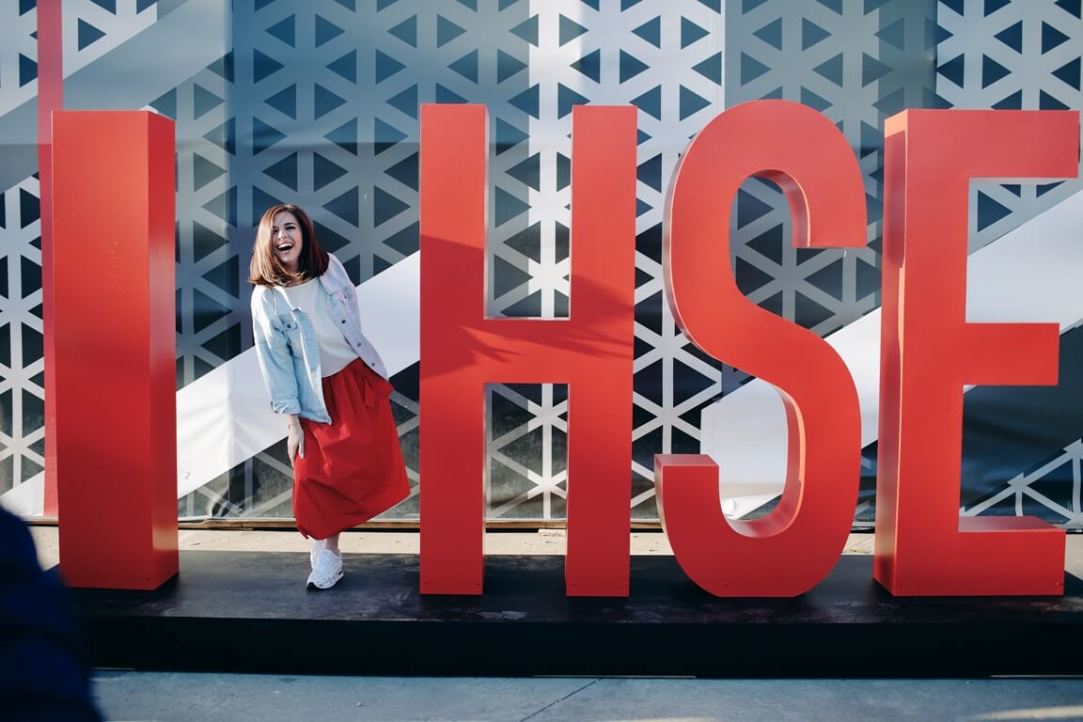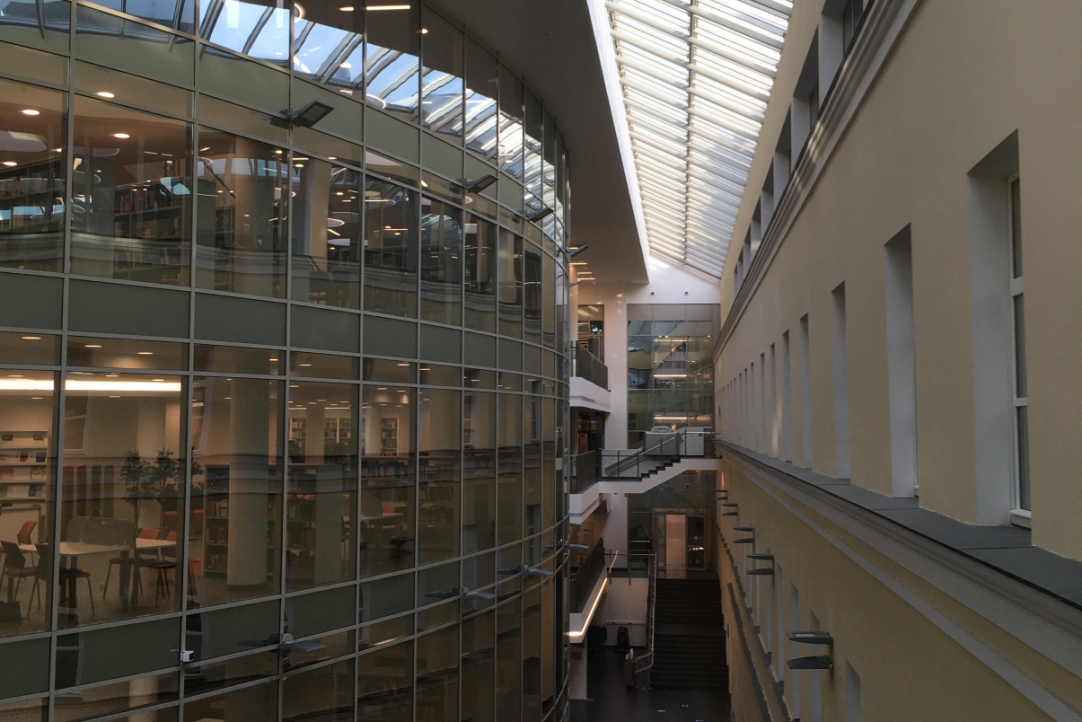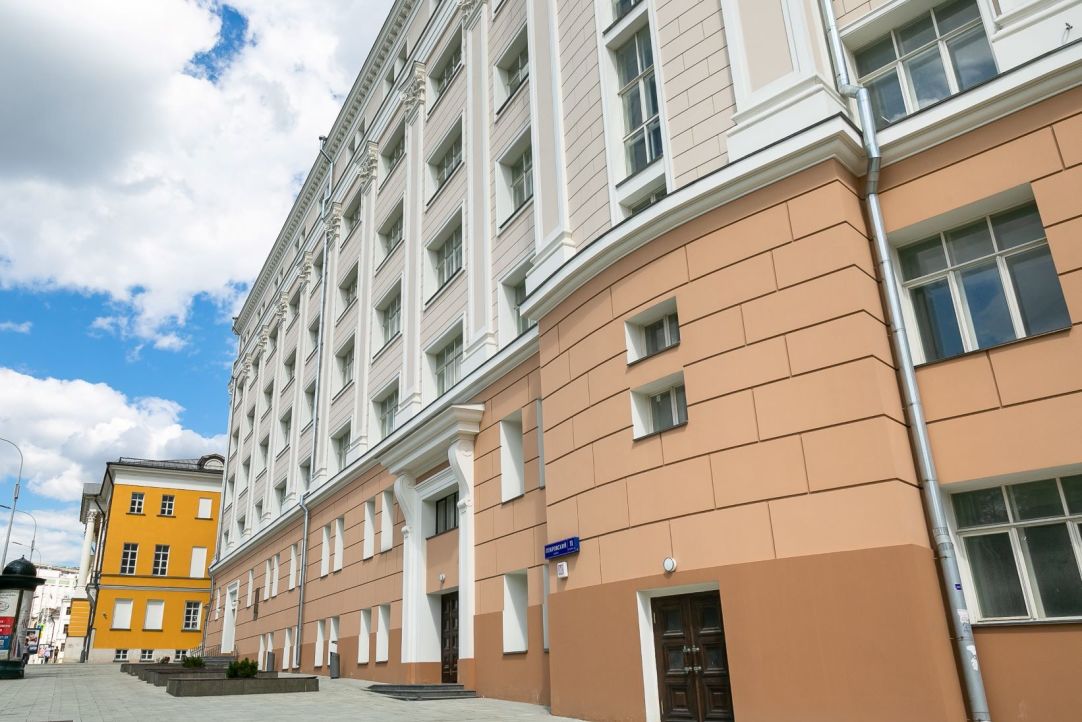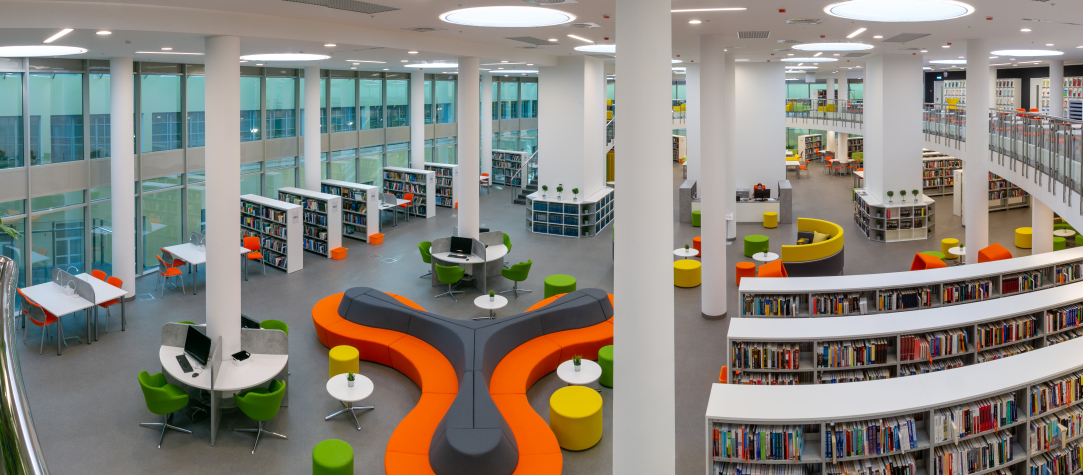This academic year, HSE University will begin admissions to its new online Master's programme in Data Science, which will be offered on Coursera, the world’s leading online learning platform. The application deadline for admission to the programme is December 6. Courses begin in February. Upon the successful completion of the programme, students will receive a Master’s degree from HSE University, which is internationally recognized.



